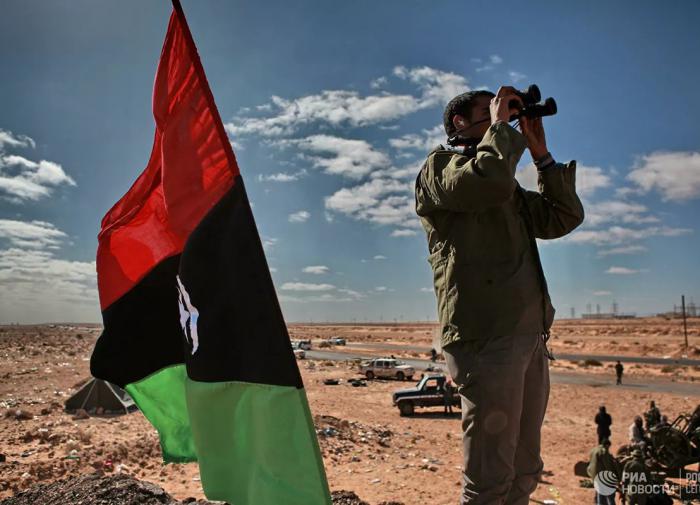War in Libya: More foreign actors are coming
Andrey Chuprygin, a senior lecturer at the School of Oriental Studies, shares his views with Pravda.Ru on the current state of affairs in Libya, where many foreign players have been involved lately.

A new round of civil war in Libya
War has become primary business of the male population of Libya. Hassan Salameh succeeded in convening the all-Libyan conference in April 2019 in Ghadames, under the strict leadership of the United Nations. That conference was supposed to work out a roadmap for the creation of a normally functioning state. The meeting was a very serious event. The UN Secretary General flew to Tripoli specifically to personally support Salameh's initiative. The day the UN Secretary General arrived in Tripoli, Khalifa Haftar launched an attack on Tripoli, having thereby disrupted the conference.
Khalifa Haftar, who had made belligerent statements almost every month since 2014 announcing his plans to attack Tripoli, never started the campaign. All experts came to conclusion that he was a sane person who perfectly realised that he would never have enough energy to conduct such an attack. Therefore, all his statements were purely political. All of a sudden, however, he went to war and very quickly reached the outskirts of Tripoli. A new round of civil war began.
Foreign actors
This brings up a question: was it him who decided to launch the crusade or someone forced him to? Starting from about 2015, after the Skhirat agreements, the presence of foreign actors in Libya has been increasing steadily. It was reported that Qatar allegedly had sent money to Libya for the Muslim Brotherhood; the United Arab Emirates and Saudi Arabia, apparently worked to support Haftar too.
By that time, the UAE, Saudi Arabia and Israel, had armed Haftar with weapons, ammunition, and advisers.
Egypt began to intervene by conducting air raids. With this support behind his back, Haftar went to conquer Tripoli. One may assume that there were two main reasons for Haftar's campaign against Tripoli.
The first one is the disruption of the consensus conference in Ghadames.
Haftar understood that the consensus conference in Ghadames would deprive him of any opportunity to take No. 1 position in the country.
Two-thirds of the population in Libya lives in Tripolitania, that is, in the western region behind the capital Tripoli. All those people share a negative attitude towards the personality of Khalifa Haftar.
The second one is about the activities of Haftar's sponsors, let alone the title sponsor - the United Arab Emirates - began to support Haftar at a much greater extent.
Egypt has vital interests in Libya:
- a long border is a matter of national security;
- economy - the Egyptians have close ties historically and economically with Libya, especially with eastern regions of the country: labor migration, energy projects (the bulk of oil and gas fields are located in the East and it is beneficial for Egypt to control this business).
Some politicians in Cairo sometimes dare to claim that Libya is actually a part of Egypt.
Thus, not only did Haftar's campaign against Tripoli add even more fuel to fire of the crisis in Libya, but it also raised the interest of foreign actors in the fate of this country.
Subscribe to Pravda.Ru Telegram channel, Facebook, RSS!


